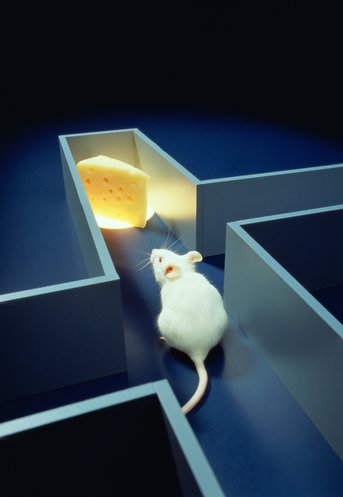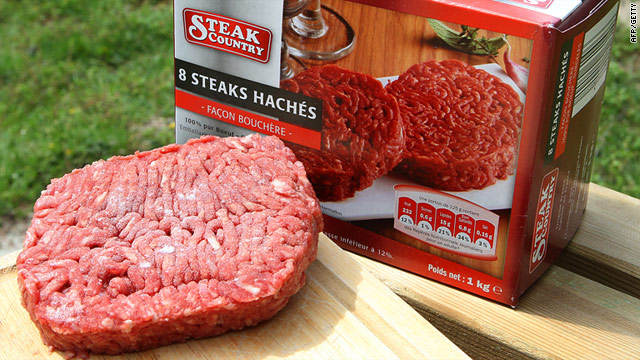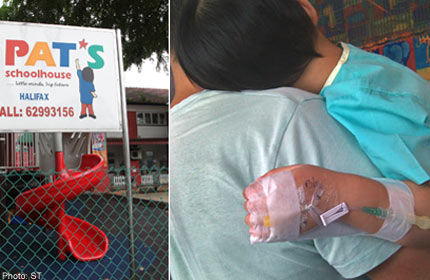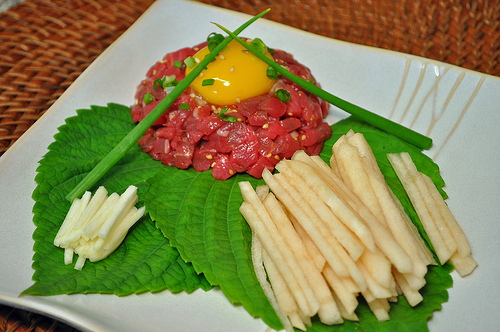More women have died in Germany from an E. coli O104 outbreak linked to cucumbers grown in Spain, bringing the death toll to 10. Of the 1,000 or so sick, 276 have hemolytic uremic syndrome (HUS).
Hospitals in the city of Hamburg, where more than 400 people are believed to have been infected, were said to be overwhelmed and sending patients to clinics elsewhere in the country.
Austria’s food safety agency ordered a recall of organically grown cucumbers, tomatoes and aubergines supplied by a Spanish producer which is thought to be the  source of the outbreak. It said 33 Austrian stores were affected.
source of the outbreak. It said 33 Austrian stores were affected.
According to Denmark’s National Serum Institute, there are nine confirmed cases, with at least another eight people suspected of having the intestinal infection, also known as VTEC, in Denmark.
Sweden has reported 25 E. coli cases, of whom 10 developed HUS, according to the European Commission, while Britain counted three cases (two HUS).
Officials in the Czech Republic said the cucumbers may have been exported there, as well as to Austria, Hungary and Luxembourg.
"As long as the experts in Germany and Spain have not been able to name the source of the agent without any doubt, the general warning for vegetables still holds," German Agriculture and Consumer Protection Minister Ilse Aigner said on Sunday in a report in the Bild am Sonntag newspaper.
The European Commission says experts are now probing two agricultural sites in southern Spain, in Almeria and Malaga, suspected of exporting products, most likely cucumbers, tainted with E. coli.
 bloody diarrhea. One was discharged from hospital on Wednesday.
bloody diarrhea. One was discharged from hospital on Wednesday.

 source of the outbreak. It said 33 Austrian stores were affected.
source of the outbreak. It said 33 Austrian stores were affected..jpg) following the advice of the Robert Koch Institute and not eating raw cucumbers, lettuce or tomatoes.
following the advice of the Robert Koch Institute and not eating raw cucumbers, lettuce or tomatoes.
.jpg) The outbreak, thought to have been spread through contaminated vegetables, is unusual in that it has affected mainly adults.
The outbreak, thought to have been spread through contaminated vegetables, is unusual in that it has affected mainly adults. .jpg) weren’t known until a few years later.
weren’t known until a few years later. chain’s 14 centres, reported the Straits Times.
chain’s 14 centres, reported the Straits Times.
 the eatery run by Foods Forus Co, based in nearby Kanazawa.
the eatery run by Foods Forus Co, based in nearby Kanazawa..jpg) Press reported. The restaurant is run by Foods Forus Co, based in nearby Kanazawa.
Press reported. The restaurant is run by Foods Forus Co, based in nearby Kanazawa.